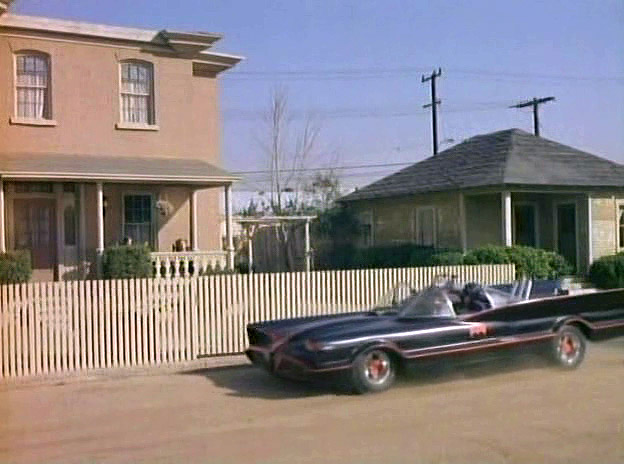Recently a faithful blog reader posted a question in response to my post on setting. She wondered why more Christian fiction isn’t set in large cities, and if there is a way to write the story to make a big city feel like a small town.
Opportunity Versus Roots
I grew up in a rural village. I have lived in apartments near D.C., and now I live in a mid-sized town. My comments are based on my personal experience.
I do believe a big city resident can work hard to make her location feel like a small town to her. However, it’s hard to convince a reader who isn’t familiar with big city living that this is easy to do. Big cities tend to attract people looking for professional opportunities and money. Big city families tend to move according to opportunity. Because traffic is dense and it takes forever to get anywhere, a relocation of a mile or two will change the dynamics of a friendship. Because of this transitory element, it’s hard to maintain long-term friendships.
Opinions Matter
Small town people can be materialistic and concerned with “keeping up with the Joneses” but the culture itself is much less money-oriented than a city vibe. Upscale acquisitions may be discouraged. For instance, years ago a friend of my daddy’s (who lives in a different small town than ours) bought a new Chrysler. A neighbor told him it was too high and mighty. Daddy’s friend immediately traded the car in for a lesser model. Daddy said he wouldn’t have done that, but he’s more of an independent sort than most.
An Interesting Place?
City dwellers often enjoy cultural perks such as museums, the opera, plays, and fine dining, but characters’ visits to these places are difficult to write in a compelling way. When I was first submitting novels for publication, I was excited about a recent visit to Peurto Rico and thought my readers would want to go there with my characters. But an editor told me to tone down the travelogue. The book never saw publication for many reasons, but suffice it to say, travelogue is very tricky to write. Any adventure must be shown because it moves the plot forward. For instance, you must provide a great reason for your reader to attend an opera with your characters or the visit will feel extraneous.
Hey, I Know You!
Small towns are often populated primarily by people who have lived there all their lives. You probably know the courthouse clerk, and your grandmother knows the clerk’s mother’s maiden name. You are probably acquainted with several members of every church in town. Two of my mother’s teachers were also my teachers in grammar school. My mother went to school with another one of my teachers. Unless you live in a very insular community within a city, I imagine this type of comfortable experience is hard to replicate outside of a small town.
Familiarity Breeds — Love
To summarize: I think we see more small towns in Christian fiction because many readers want to settle in with the pleasures and familiarity of friendly small town life rather than an unfamiliar, crowded metropolis where dangers lurk. Unless of course, you’re writing about murder, theft, and mayhem. Then a big city may be just the setting you need!
Your turn:
Do you like big city settings in novels?
What are the disadvantages of writing about a small town?
Other than friendliness, spaciousness, and familiarity, what are some other advantages of a small town setting?



